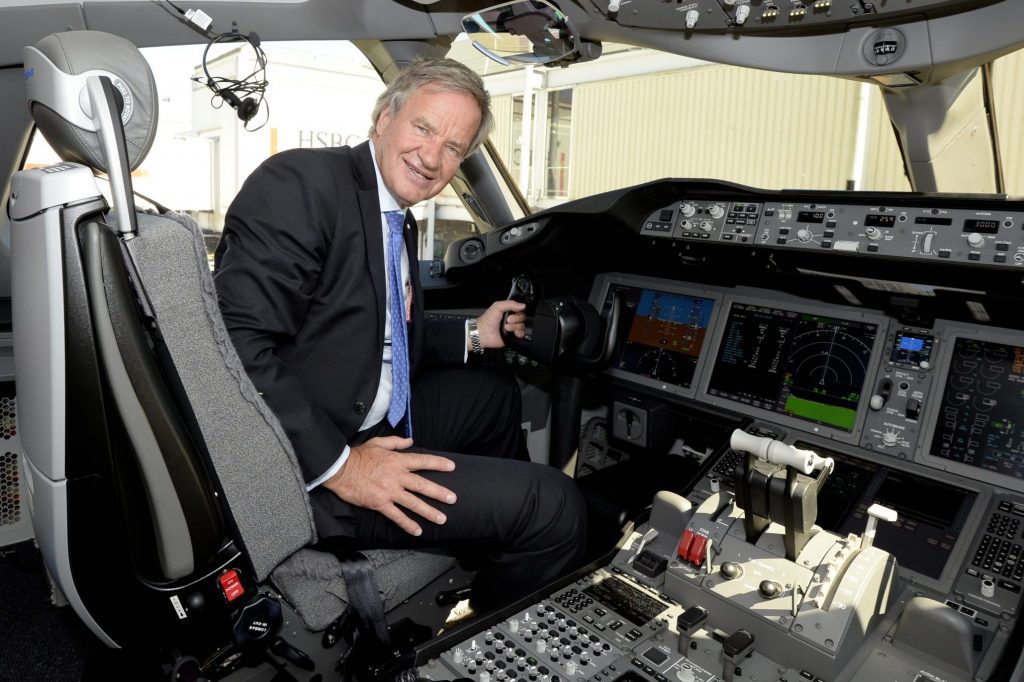Norwegian Air's Long-Serving CEO Departs as Airline Pushes for Higher Profits

Skift Take
Bjørn Kjos, the co-founder of low-cost carrier Norwegian is to step down as CEO after 17 years in the role.
He will be replaced on an interim basis by current chief financial officer Geir Karlsen with chairman Niels Smedegaard also taking on a more active management role.
Kjos is remaining with Norwegian and will immediately switch to become an advisor to the chairman, with effect from Thursday.
“Bjørn has played an unprecedented role in Norwegian’s success. His vision of offering affordable fares for all, combined with his enthusiasm and innovating spirit, has revolutionized the way people travel for pleasure and for business, not least between the continents. Bjørn is definitely one of the most influential European entrepreneurs of our time,” Smedegaard said.
Kjos’s departure comes as Norwegian tries to move from a period of rapid growth to one of profitability. In recent months, it has cut back routes and bases in an effort to make more money. Earlier this year it raised $353 million through a share sale to avoid breaching financial covenants.
“We have to ensure that Norwegian is well prepared and positioned to handle volatile markets and unexpected events. It is crucial that we continue to deliver on our cost reduction initiatives and that we constantly ensure that we have a route portfolio that yields profit. It is also important that the new CEO develops an organization that embraces continued improvement and operational excellence,” Smedegaard added.
Norwegian’s operating profit in the second quarter improved dramatically, rising 305 percent to $72.8 million but because of substantial interest expenses pre-tax profit fell 70 percent to $9.7 million. Revenue increased 19 percent to $1.4 billion for the three months to the end of June.
Norwegian estimated that the worldwide grounding of the Boeing 737 Max aircraft cost it $46.7 million in the quarter with the full-year cost expected to be $81.8 million.
"The 737 MAX grounding has affected both demand, operating expenses and production negatively," Norwegian said.
The airline, however, was a likely benefit of the demise of rival low-cost carrier Wow Air and the labor unrest at SAS. Revenue from the United States is now the largest share of the company’s revenue having overtaken Norway.
Like his counterpart Michael O’Leary at Ryanair, Kjos is inextricably linked with the airline he has run for almost two decades. And while he was 72, his departure from the top job still comes as something of a shock.
“Bjørn has been the driving force behind the business – the big question now is whether [Norwegian] can maintain momentum as he takes a less active role,” said Bernstein analyst Daniel Roeska.
The loss of a long-standing CEO also raises the question of ownership and whether his successor will push for a sale of the business. Reports of renewed interest from British Airways owner IAG surfaced again recently and although quickly denied the speculation will likely not go away especially with Kjos stepping down, although he is still a shareholder.




